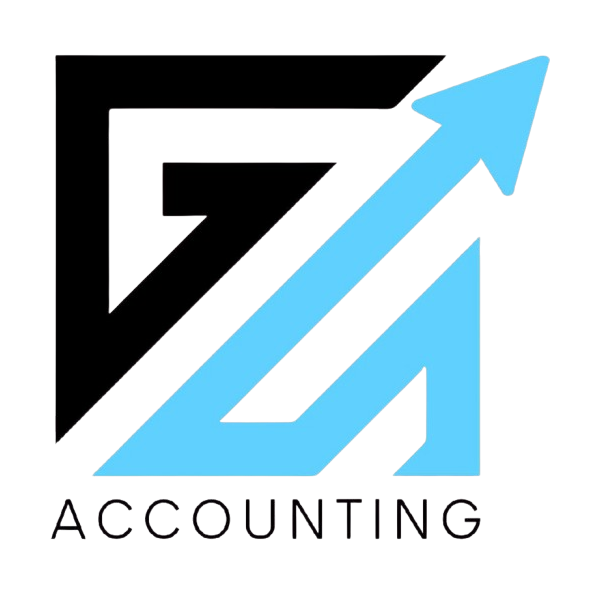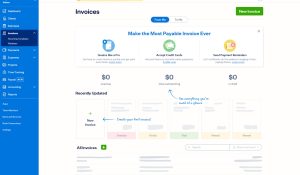Cloud Accounting Service
Cloud accounting service refers to the practice of using an accounting system that is accessed through the internet, rather than being installed and run on a local computer or server. This modern approach to financial management leverages cloud computing technology to provide businesses with enhanced accessibility, efficiency, and collaboration.
How Cloud Accounting Works:
Instead of purchasing and installing software on individual machines, users access the cloud accounting software through a web browser or a dedicated mobile app. The financial data is securely stored on remote servers maintained by the cloud accounting service provider. This Software-as-a-Service (SaaS) model means businesses pay a subscription fee (monthly or annually) to use the software and its associated services.
Key aspects of how it works include:
- Remote Servers: The accounting software and all financial data reside on the provider’s remote servers (“the cloud”).
- Internet Access: Users connect to the software via the internet from any device (computer, tablet, smartphone).
- Data Processing: All calculations, data storage, and program functions are handled remotely by the cloud accounting system.
- Automatic Updates: The service provider manages all software updates, maintenance, and backups, ensuring users always have access to the latest version and features.
Key Features and Benefits:
Cloud accounting offers numerous advantages for businesses of all sizes:
- Accessibility and Mobility: Access financial data and perform accounting tasks from anywhere, at any time, with an internet connection. This is ideal for remote teams, businesses with multiple locations, or owners on the go.
- Real-time Data: Financial information is updated instantly with every transaction, providing a real-time view of the business’s financial health. This enables quicker, more informed decision-making.
- Enhanced Collaboration: Multiple users (business owners, accountants, bookkeepers, team members) can access and work on the same financial data simultaneously, fostering seamless collaboration and eliminating the need for manual file sharing.
- Automation: Cloud accounting software automates many repetitive and time-consuming tasks, such as invoicing, expense tracking, bank reconciliation, and generating reports. This reduces manual errors and frees up time for more strategic activities.
- Cost Efficiency: Eliminates the need for significant upfront investments in software licenses, hardware, and IT infrastructure. Businesses typically pay a subscription fee, spreading costs over time and often including maintenance and support.
- Data Security: Reputable cloud accounting providers invest heavily in robust security measures, including data encryption, multi-factor authentication, and regular backups, to protect sensitive financial information from breaches and data loss.
- Scalability: Cloud solutions are highly scalable, allowing businesses to easily add or remove users, features, and functionalities as their needs evolve, without having to change their entire accounting system.
- Integration: Most cloud accounting platforms integrate seamlessly with other business applications like CRM systems, payroll software, e-commerce platforms, and payment gateways, creating a unified ecosystem for business operations.
- Compliance: Cloud accounting software is often designed to help businesses comply with tax regulations and accounting standards, with automatic updates for tax rates and reporting requirements.
- Reduced Administration: Less time is spent on software installation, backups, and other administrative tasks.
Popular Cloud Accounting Software Providers:
The market for cloud accounting software is robust, with several leading providers offering a range of features to cater to different business needs. Some of the most popular include:
- QuickBooks Online: A widely recognized leader, offering comprehensive features for small and medium-sized businesses.
- Xero: Known for its user-friendly interface and strong emphasis on automation and integrations.
- FreshBooks: Particularly popular among service-based businesses and freelancers for its invoicing and expense tracking capabilities.
- Zoho Books: Part of the larger Zoho ecosystem, offering robust features for growing businesses.
- Sage Business Cloud Accounting (and other Sage products like Sage Intacct): Provides solutions for businesses of various sizes, with strong financial management and reporting features.
- Wave: A popular free option, especially suitable for freelancers and very small businesses with basic accounting needs.







